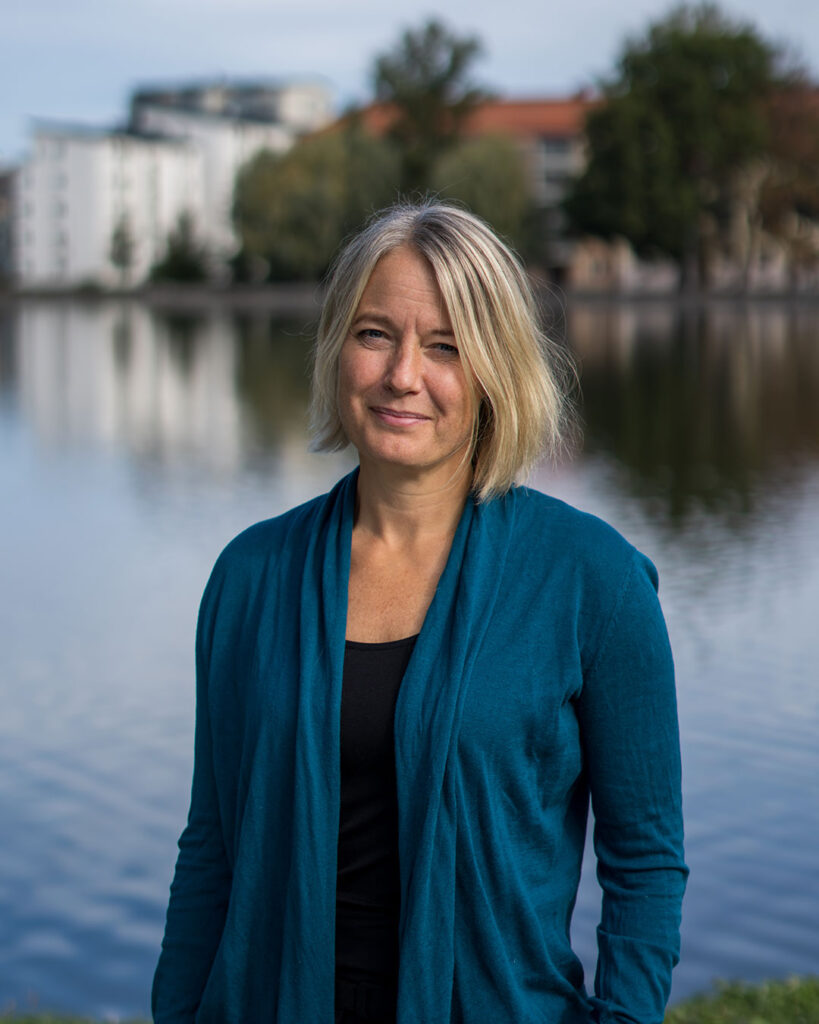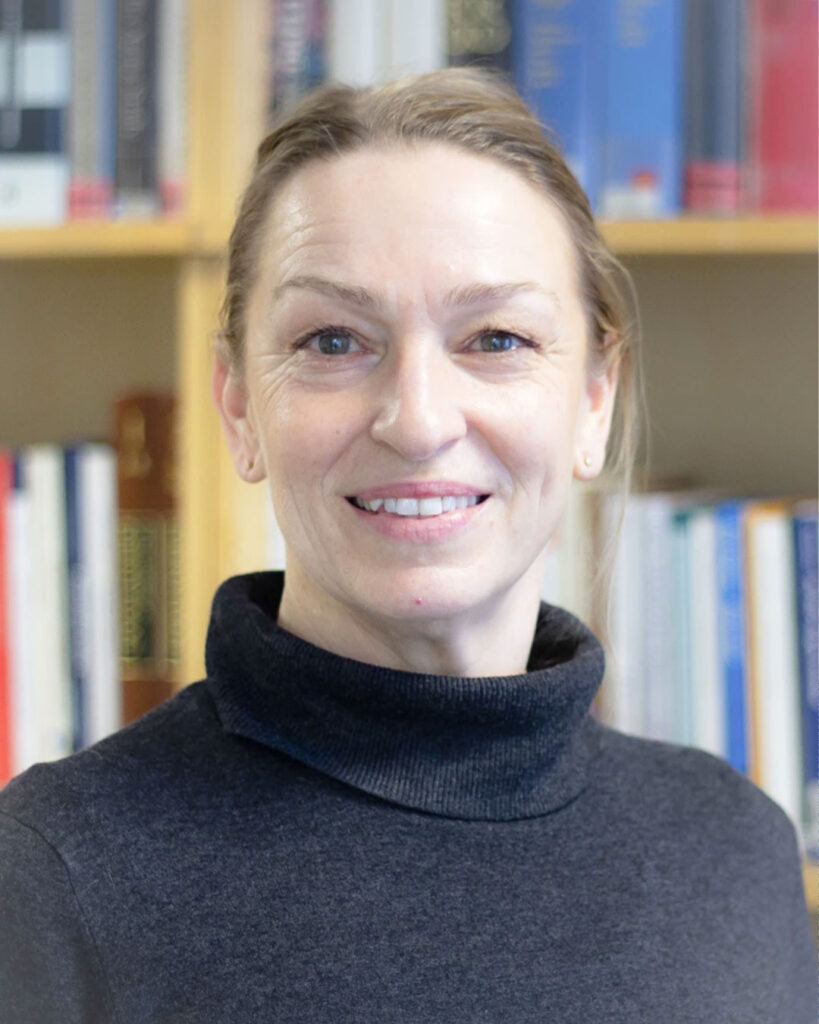Discover Leksa: Crafted Elegance, Seamless Functionality. Elevate your creative portfolio, impress your audience. Where creativity meets functionality.


Excellence In Practice-Based Research: Beyond Academia and Into Action
Ulrica von Thiele Schwarz, Håkan Uvhagen, Åsa Hedberg Rundgren and Emma Hedberg Rundgren
This blog post is based on the Evidence & Policy article, ‘When academic impact is not enough: a concept mapping study characterising excellence in practice-based research’.
What makes research truly excellent? In practice-based research, success is not just about advancing academic knowledge but also driving tangible societal change. It is research designed not just to discover but to act.
Traditional definitions of research excellence emphasise the innovation and rigour of scientific methods, while usefulness and practical applicability are less often emphasised. Currently, researchers are being asked to engage in practice-based research, working together with people outside academia to address societal challenges. However, their performance is still largely evaluated based on criteria reflecting a more traditional type of research. So, what happens if we combine the words excellence and practice-based research to ask: what is excellence in practice-based research? That is what we explored in our study where we engaged professionals working in Research & Development units in social services in Sweden, thus with one foot in academia and one in practice, in a brainstorming and sorting exercise to answer that question. The data was analyzed statistically to identify common patterns in the data, resulting in a visualisation of the key characteristics of excellent practice-based research and how they are interconnected.
Findings highlight that exceptional practice-based research doesn’t just follow academic norms. It requires collaboration, inclusivity and actionable outcomes that resonate with the needs of practitioners and communities. At its heart lies the ability to ’embrace different agendas and perspectives’, enabling a richer, more impactful process. By prioritising co-production and relevance alongside rigor, research becomes a tool for meaningful change.
The study underlines a crucial point: what constitutes excellent research depends on how you understand impact. If academic institutions and funding bodies truly want research to have a societal impact, criteria for excellence need to be adapted. This, in turn, would prompt researchers to think beyond publications and consider the real-world implications of their work.
Yet, it is not as simple as choosing between academic recognition and societal impact – the findings show that excellence lies in achieving both, as indicated by the participants including characteristics of both traditional and practice-based research as well as characteristics that reflects the value of combining them, such as ‘embrace different agendas and perspectives’. By redefining what makes research excellent, we demonstrate how research can excel by combining rigorous methods with actionable, inclusive and locally relevant insights, reshaping our understanding of impact.

Ulrica von Thiele Schwarz,
Professor, Mälardalen university, Sweden;
ulrica.schwarz@mdu.se

Håkan Uvhagen,
PhD, Stockholm Health Care Services and Karolinska Institutet, Sweden;
hakan.uvhagen@regionstockholm.se

Åsa Hedberg Rundgren,
PhD, Director, Stockholm Gerontology Research Center, Sweden;
asa.hedbergrundgren@aldrecentrum.se

Emma Hedberg Rundgren,
MSc, Doctoral student, Karolinska Institutet, Sweden;
emma.hedberg.rundgren@ki.se
Read the original research in Evidence & Policy:
Schwarz, U.V.T. Rundgren, E.H. Uvhagen, H. & Rundgren, A.H. (2024). When academic impact is not enough: a concept mapping study characterising excellence in practice-based research. Evidence & Policy, DOI: 10.1332/17442648Y2024D000000039. OPEN ACCESS
This article is republished from Evidence & Policy Blog under a Creative Commons license. Read the full article here.
A PLEA FOR SUPPORT
At CYPHER, we believe that scientific knowledge should benefit youths, practitioners, policymakers, and the wider community.
That’s why we provide science-made-simple articles, expert insights, and even original research — all freely accessible, with no paywall and no hidden agenda. We aim to produce work that is clear, practical, and focused on addressing real issues within our community.
If you value independent, evidence-based resources, please consider supporting us with a donation. Every contribution, no matter the size, makes a difference. We rely on the generosity of people like you who believe in non-profit work for the greater good.
Can you help us?



